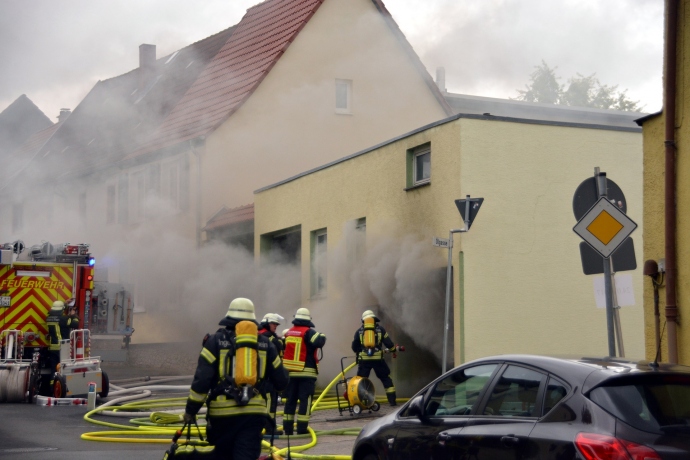As the weather phenomena of 2017 have freshly demonstrated, a natural disaster can be quite a catastrophic blow to a person’s way of life. Then there are instances where an accident leaves a person hospitalized, unable to work or care for others. While insurance can be a wonderful thing to help expedite returning to a normal after suffering such setbacks, it is not a “magic bullet” for them. We recommend keeping an emergency reserve to fall back upon and here are several points for that argument.

You Can Make Payments
Having extra money in the bank is always a good idea, especially when you have automatic payments set up. In the wake of a disaster, you may not have paychecks coming in from your workplace, so it’s good to have the money you need to pay some of your bills available. While most companies will understand your situation, some of your bills will still come in. You’ll want to have money that can go out for your cell phone bill, at the very least, so you maintain a line of communication.
Being Able to Cover Payments While Waiting for Insurance
Insurance is useful, but the severity or extent of a disaster or accident can leave you in the lurch for days, weeks, months or even years. By saving some money from every paycheck into an emergency fund, you ensure that you can cover debts and costs until your insurer fully processes your case.
You Have a Way of Covering Gaps in Insurance
The only fate worse than waiting around to have an insurance claim finalized is learning that the insurance you have is inapplicable to the hardship you have been saddled with. By having a dedicated emergency fund, possibly even established in the form of a savings account, you have at least one option to cover payments on things like repairs to your home after flooding or dental procedures. It can also a pay for a lawyer that can help you get insurance compensation for damages after a disaster if you’re having trouble with your provider.
You Can Get a Discount
In scenarios like a sudden death in the family or restoring a crashed vehicle, the person you are dealing with may be willing to shave off some of the costs involved if you can immediately pay for it, rather than through your insurance.
While these are just a handful of reasons why you should establish an emergency fund for you or your family, they should certain emphasize such a necessity. A good baseline to strive for is setting aside 10-20 % pay each month, whatever fits your budget. Once you make depositing into your emergency fund a habit, you will not be flat-footed when its time comes.

